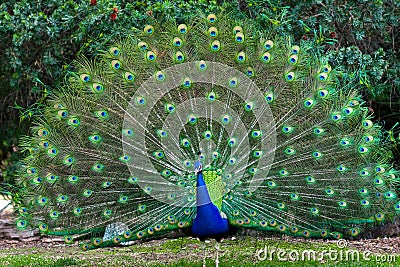 I came up with the term 'virtue signalling' in 2011, and published about it
here.
I came up with the term 'virtue signalling' in 2011, and published about it
here.I made the term up after being irritated with Boyd and Richerson's term “heart on your sleeve hypothesis" from their "Solving the Puzzle of Human Cooperation" paper. It is often a bad idea to allow critics of a hypothesis to name it - and this was a case in point. Boyd and Richerson mentioned the signalling hypothesis mainly to criticize it while promoting their own rival ideas about group selection. By contrast, in my article, I promoted 'virtue signalling' to be the most significant cause of human cooperation after kin selection and reciprocity. A few other people have used the phrase before me - but never very seriously, it seems.
This article was written as part of my work on my 'Memes' book, which looked in more detail at culturally mediated cooperation than I had managed in my 2011 'Memetics' book.
Virtue signalling seems to be establishing itself as a popular term. However there's a foundational issue surrounding it which I haven't previously publicly addressed:
When I came up with the term I intended "virtue signalling" to refer to any kind of signalling self-worth - or denigrating of rivals. However, when I subsequently looked up the term 'virtue' in the dictionary I found that it had strong connotations of only referring to moral merit.
Clearly signalling of merit / worth / quality / value is a more general phenomena that just signalling moral goodness. I originally intended the term "virtue signalling" to refer to this more general idea. So, one of the examples I though of was a peacock signalling his 'virtue' to peahens. However, the dictionary suggests that the term 'virtue' means something more narrow: only moral merit.
One resolution would be to say that "virtue signalling" is a subset of "value signalling" - and that the latter includes Peacock signals, while the former does not.
The problem with this is that "value signalling" seems vague and ambiguous in other ways. It is already losing the popularity contest with "virtue signalling". I doubt whether this term has legs. Much the same goes for the other broader umbrella terms.
To deal with this, I'm inclined to double down on my original interpretation of the word 'virtue'. The dictionary does go on to offer some broader meanings of the term. Yes, describing a peacock's tail as a 'virtue' is a bit confusing, but I don't really see a significantly better solution. All signaling targets behaviour in the end - and what counts as 'moral' behaviour is pretty vague. So: we could also say that the peacock is signalling that having sex with it would be a 'good' thing to do.










One community that uses these theories for advanced social interaction uses the terms "peacocking" and DHV (Demonstration of Higher Value). I suppose we could also use "fitness" signalling.
ReplyDeleteWhile Virtue wins the branding competition when looking at peacocks, value fits better into models of social psychology, and would be more *valuable* to memetics.
One problem with the term 'value signalling' is that it sounds as though you are signalling your values - rather than signalling your value.
DeleteI suppose that distinction only applies with humans. Values being both a meme (Beck and Cowan) and the signalling (game) of genuine or counterfait values in social persuasion.
ReplyDeleteAnother alternative to could well be 'prestige signalling', especially in light of the original use of the word prestige
ReplyDeleteI would prefer the term "status signalling". "Prestige" and "status" seem to be more specific terms to me. I mostly want an "umbrella" term - like 'quality' or 'value'.
Delete